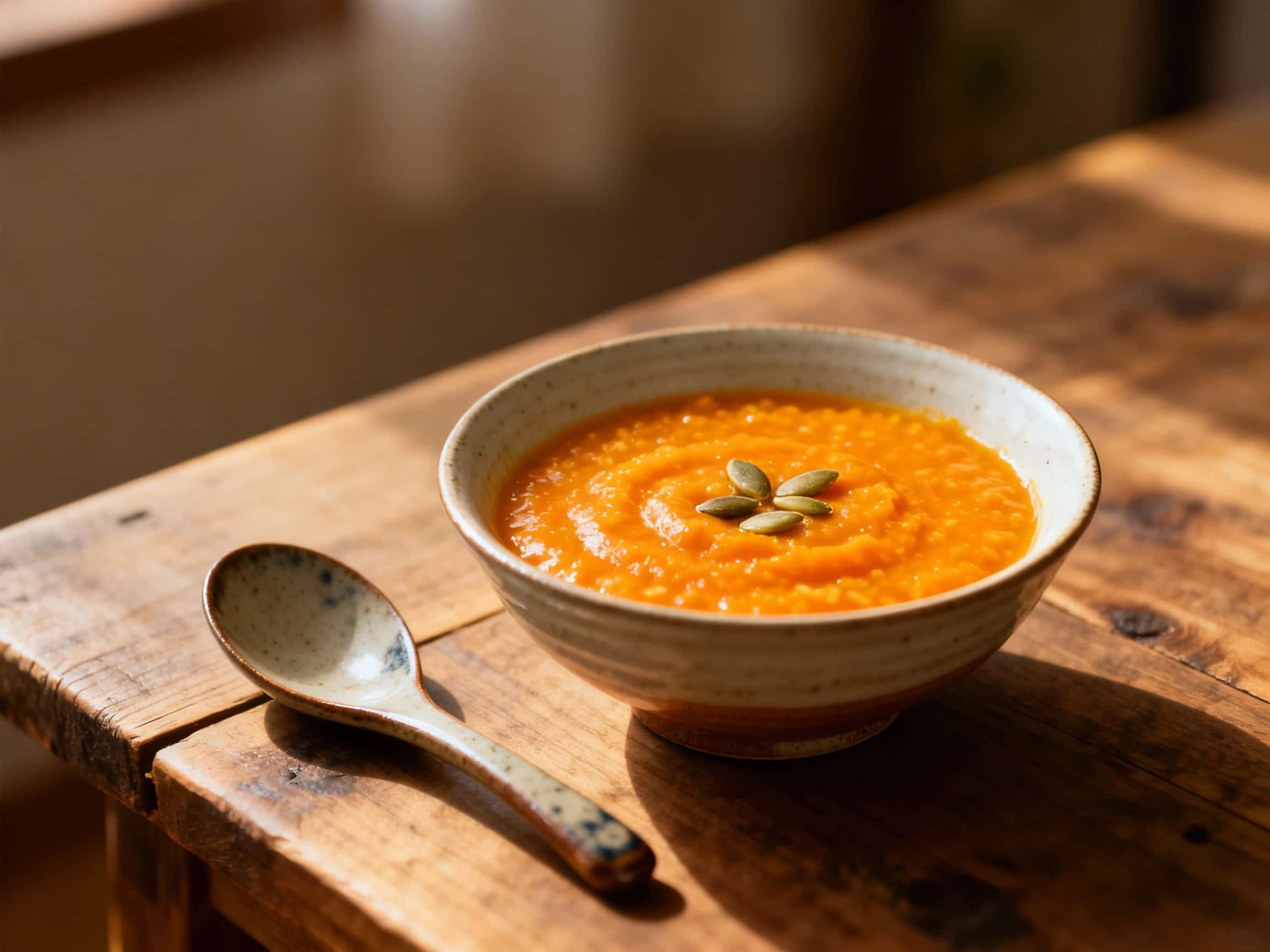
Hobakjuk
호박죽
- Country
- Korea
- Region
- Not specified
- Recipes
- 0 Recipes
Origins & Characteristics of Hobakjuk
Hobakjuk, a comforting and nutritious pumpkin porridge, holds a special place in Korean culinary traditions. Its history is deeply intertwined with agricultural practices, as pumpkins were (and still are) a readily available and versatile crop. Historically, Hobakjuk was not just a meal but also a remedial food, often given to those recovering from illness, new mothers, or individuals needing a gentle, easily digestible, yet energy-rich food. The sweetness often comes naturally from the pumpkin itself, enhanced by a touch of sugar or honey, while the glutinous rice flour provides a satisfying texture and thickness. This dish is particularly popular during the autumn and winter months when pumpkins are in season and a warm, soothing meal is most desired. It’s also frequently served in temples as part of temple cuisine, reflecting its simple, wholesome, and vegetarian nature. In modern Korea, Hobakjuk can be found in traditional tea houses, health food cafes, and as a popular breakfast item or light supper. The simplicity of its ingredients belies its rich cultural significance as a symbol of care, comfort, and restorative health.
History of Hobakjuk
Pumpkins, potentially including varieties suitable for juk, begin to be widely cultivated in Korea after their introduction from the Americas.
Hobakjuk becomes established as a common, restorative dish for the ill and elderly in traditional Korean households.
During and after the Korean War, Hobakjuk provided vital sustenance and comfort with readily available ingredients.
The dish gains popularity in urban settings, appearing on menus of health-conscious restaurants and cafes.
Hobakjuk is recognized for its nutritional benefits and becomes a staple in Korean temple cuisine and vegetarian diets.
Classic Hobakjuk recipes and variations
0 recipes foundWe'll add related recipes for this dish soon.